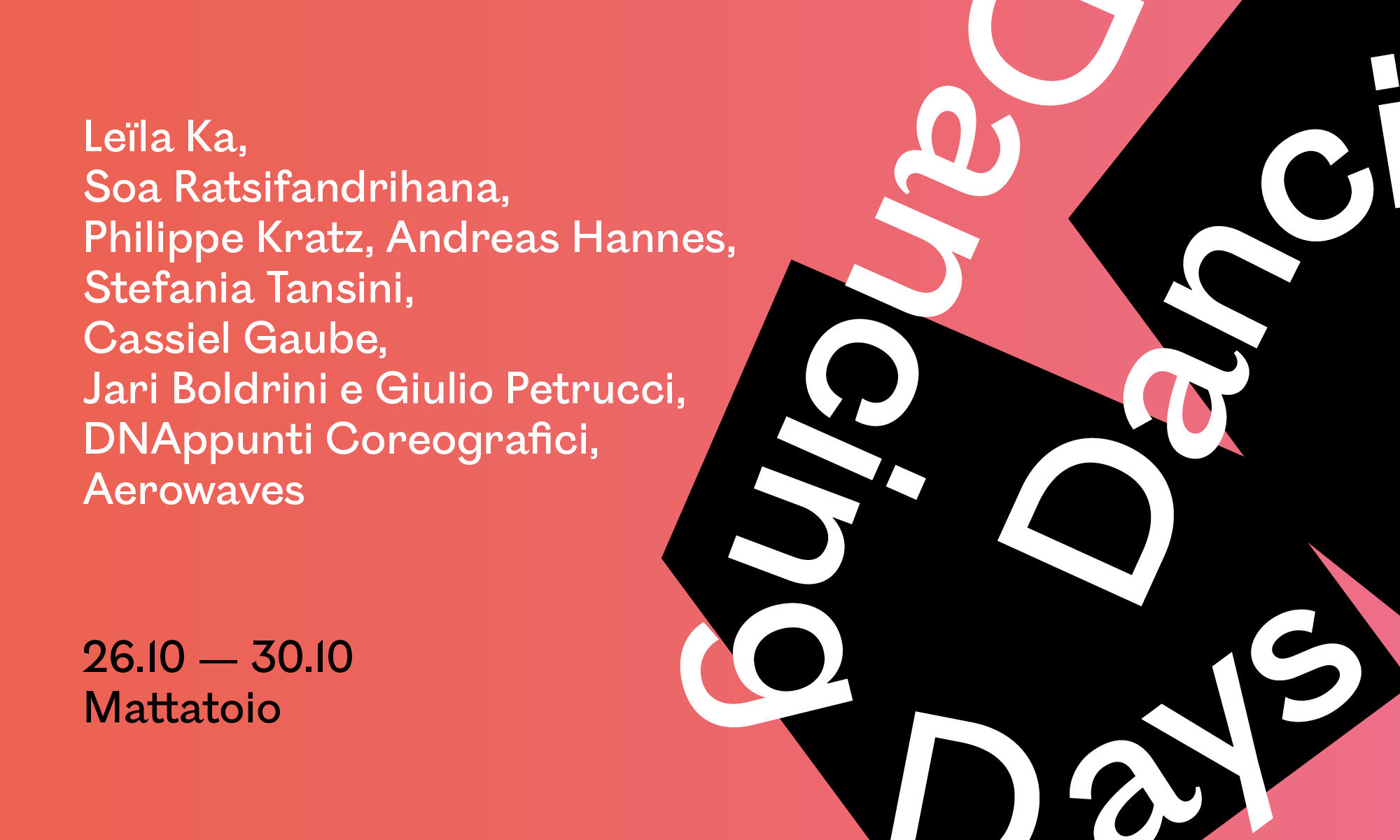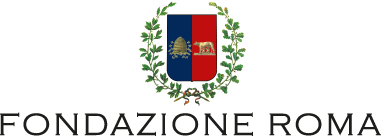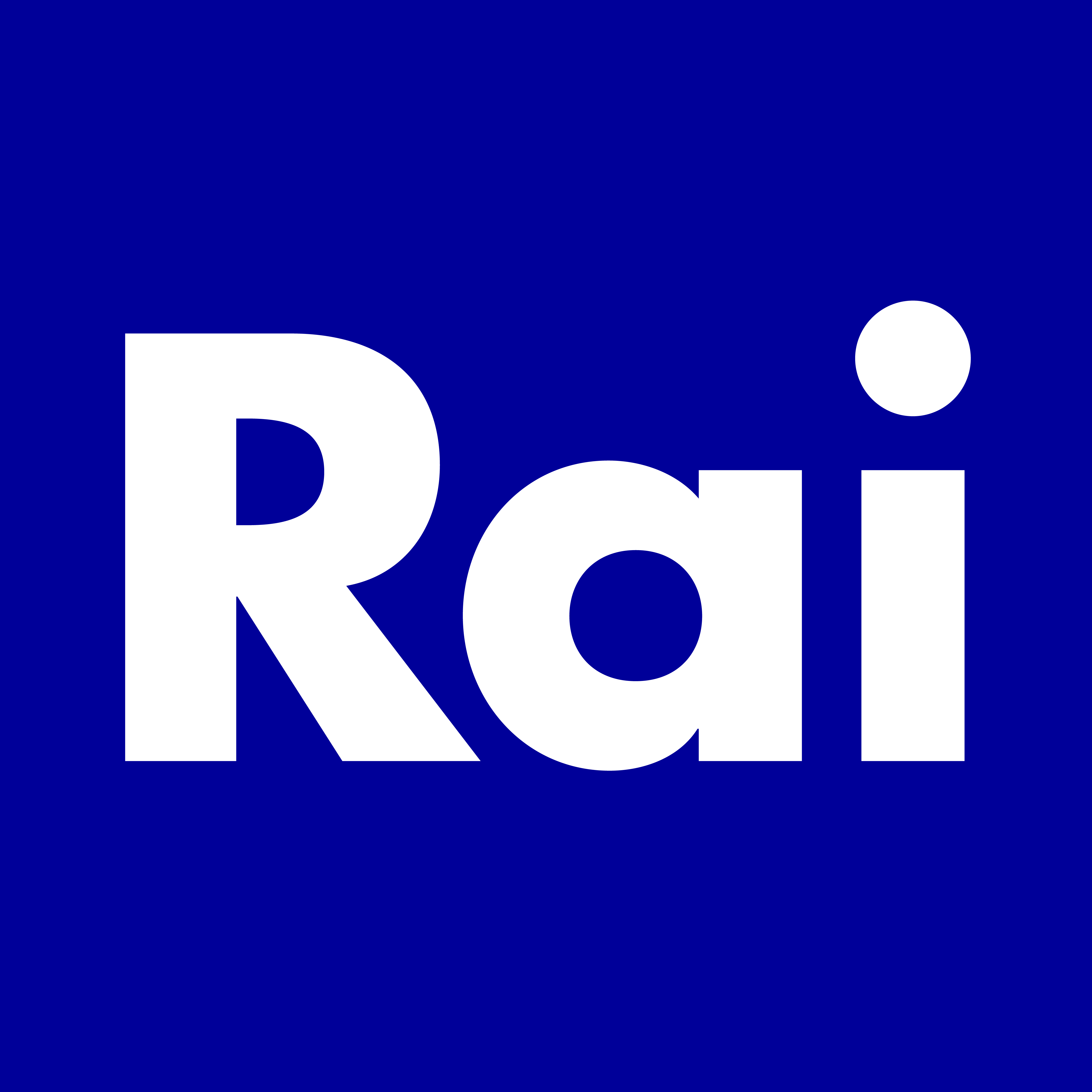ITA/ENG
NellŌĆÖampia geografia del Romaeuropa Festival e nel suo mondo ci sono sempre fili rossi che si intersecano, visioni che dialogano tra loro, percorsi che si unificano sotto lŌĆÖunico comune denominatore che ├© il racconto del nostro presente, delle sue zone dŌĆÖombra ma anche della sua creativit├Ā.
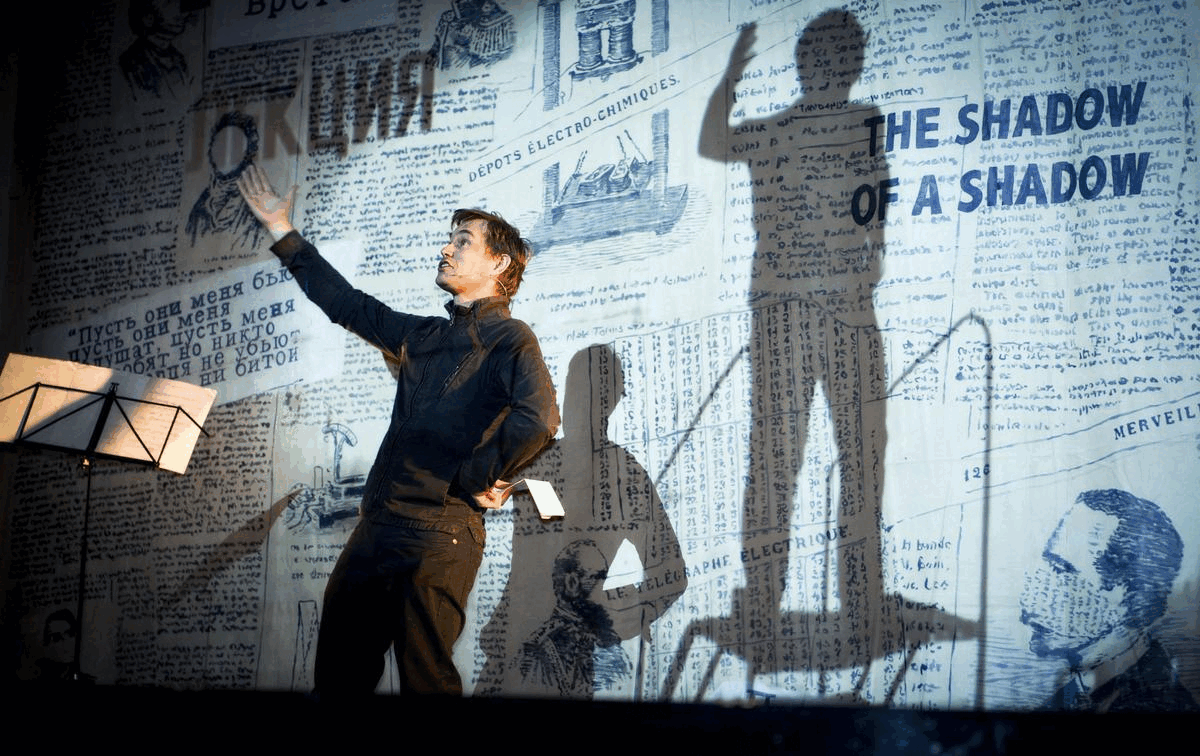
├ł per questo che, entrati nella seconda met├Ā del festival, ritroviamo il nome di un ensemble che ci accompagner├Ā fino alla sua conclusione. Parliamo di Ictus, la prestigiosa formazione belga che abbiamo gi├Ā apprezzato per lŌĆÖesecuzione di Drumming di Steve Reich, sullŌĆÖomonima coreografia di Anne Teresa De Keersmaeker (e che aspettiamo di rivedere il 20 novembre per il Gran Finale Einstein on the beach di Philip Glass) nuovamente protagonista nella Sala Petrassi dellŌĆÖAuditorium Parco della Musica, il 28 e il 29 ottobre, in O sentimental Machine: uno spettacolo musicale in cui le composizioni originali del francese Fran├¦ois Sarhan incontrano lŌĆÖuniverso espressivo del grande William Kentridge dando vita a unŌĆÖondata di frenesia e sfrenata immaginazione artistica. Il film di Kentridge, il gusto retro-futuristico delle immagini e degli oggetti di scena, le musiche originali di Sarhan (da lui stesso eseguite) e i testi di┬ĀDaniil Harms danno vita a unŌĆÖesperienza visiva e musicale unica, un turbolento teatro di ombre umane che corrono verso la vittoria dellŌĆÖuomo nuovo, rievocando gli anni Venti in Russia tra futurismo e costruttivismo per indagare il rapporto dellŌĆÖuomo con il progresso tecnico.
I focus dedicati alla grande musica internazionale ci conducono allŌĆÖattesissimo ritorno del compositore e artista giapponese Ryoji Ikeda, tra i maggiori esponenti della computer music contemporanea e tra i pionieri della musica astratta. Facendo suonare oggetti non musicali come chiavi, metronomi, libri, tavoli, palline, pezzi di carta, matite e righelli, con music for percussion 2, Ikeda prosegue il suo percorso di analisi e affondo sulle percussioni e sulla purezza del suono da loro prodotto gi├Ā iniziato con music for percussion 1, per la nostra 33esima edizione.
Ma questa settimana del REF2022 ├© anche quella dei ŌĆ£giorni della danzaŌĆØ: torna dal 26 ottobre al Mattatoio Dancing Days, la rassegna, a cura di Francesca Manica, che raccoglie alcune delle migliori creazioni della scena coreografica europea facendone danzare le identit├Ā. Ne sono protagoniste e protagonisti la danzatrice e coreografa franco-malgascia Soa Ratsifandrihana con Gr oo ve, la trilogia della francese Le├»la Ka Pode Ser, CŌĆÖest toi quŌĆÖon adore, Se Faire la belle, il lavoro di Philippe Kratz Open Drift e ancora il greco Andreas Hannes con Warping Soul e il passo a tre Soir├®e dŌĆÖetudes del belga Cassiel Gaube che attinge al vocabolario della house dance.
LŌĆÖattenzione di Romaeuropa nei confronti delle nuove forze creative si conferma anche questŌĆÖanno con DNAppunti Coreografici, il progetto a sostegno delle coreografe e dei coreografi under35 promosso e sostenuto dallŌĆÖomonima rete e di cui Romaeuropa presenta i lavori che hanno vinto le edizioni 2020 e 2021, My Body Trio della coreografa Stefania Tansini, Pas de deux di Jari Boldrini e Giulio Petrucci e i quattro progetti finalisti del 2022 in un momento di incontro che vede coinvolti tutti i partner del network. Dialogo, reti, network, sono dunque le parole chiave di queste giornate che non a caso vedono protagonista il network Aerowaves, piattaforma europea dedicata allo scouting nellŌĆÖambito della danza i cui operatori si incontreranno a Roma, proprio in occasione del festival.
ENG
Inside the wide geography of Romaeuropa Festival and in its world, there are always some red threads that weave together visions that dialogue with each other, paths that become one under the one common denominator that is the narration of our present, of its shadows but also its creativity.
ThatŌĆÖs why, entering the second half of the festival, we can find the name of an ensemble that will accompany us until the end of it. We are talking about Ictus, the prestigious Belgian formation that we already admired for the execution of Drumming by Steve Reich, on the choreography of the same name by Anne Teresa De Keersmaeker (and that we wait to meet again on November 20th for the Gran Finale Einstein on the beach by Philip Glass),a protagonist once again in the Sala Petrassi of the Auditorium Parco della Musica, on the 28th and the 29th of October, in O Sentimental Machine: a musical show in which the original compositions by Fran├¦ois Sarhan meet the expressive universe of the great William Kentridge creating a wave of frenzy and wild artistic imagination. KentridgeŌĆÖs film, the retro-futuristic taste of the images and props, the original music by Sarhan (executed by him) and the texts by Daniil Harms┬Āgive life to a one-of-a-kind visual and musical experience, an unruly theatre of human shadows that run towards the victory of the new man, recalling the 20s in Russia between futurism and constructivism to investigate the relationship between men and technical progress.
The focus dedicated to great international music lead us to the highly awaited return of Japanese composer and artist Ryoji Ikeda, one of the major exponents of contemporary computer music and of the pioneers of abstract music. Playing non-musical objects such as keys, metronomes, books, tables, balls, paper pieces, pencils and rulers, with music for percussion 2, Ikeda carries on his journey of in-depht analysis on percussions and purity of the sounds they make started with music for percussion 1, for our 33rd edition.
But this week of REF2022 is also that one of the dancing days: returning from October 26th at the Mattatoio is the review curated by Francesca Manica that hosts some of the best creations of the European choreographic scene, letting their identities dance. The protagonists are French-Madagascan dancer and coreographer Soa Ratsifandrihana with Gr oo ve, the trilogy of the French Le├»la Ka Pode Ser, CŌĆÖest toi quŌĆÖon adore, Se Faire la belle, the work by Philippe Kratz Open Drift and also the greek Andreas Hannes with Warping Soul and the three-step Soir├®e dŌĆÖetudes of Belgian Cassiel Gaube that draws from the house dance vocabulary. RomaeuropaŌĆÖs attention regarding new creative forces is confirmed again this year with DNAppunti Coreografici, the project that supports coreographers under35 promoted and endorsed by the net of the same name and of which Romaeuropa presents two works that won the 2020 and 2021 editions, My Body Trio by coreographer Stefania Tansini, Pas de deux by Jari Boldrini and Giulio Petrucci and the four finalist projects of 2022 in a moment of encounter that sees all the networkŌĆÖs partners involved.
Dialogues, networks, are the keywords of these days that not casually see the Aerowaves network as the main character, a European platform dedicated to scouting in the world of dance, of which the operators will meet in Rome during the festival.


